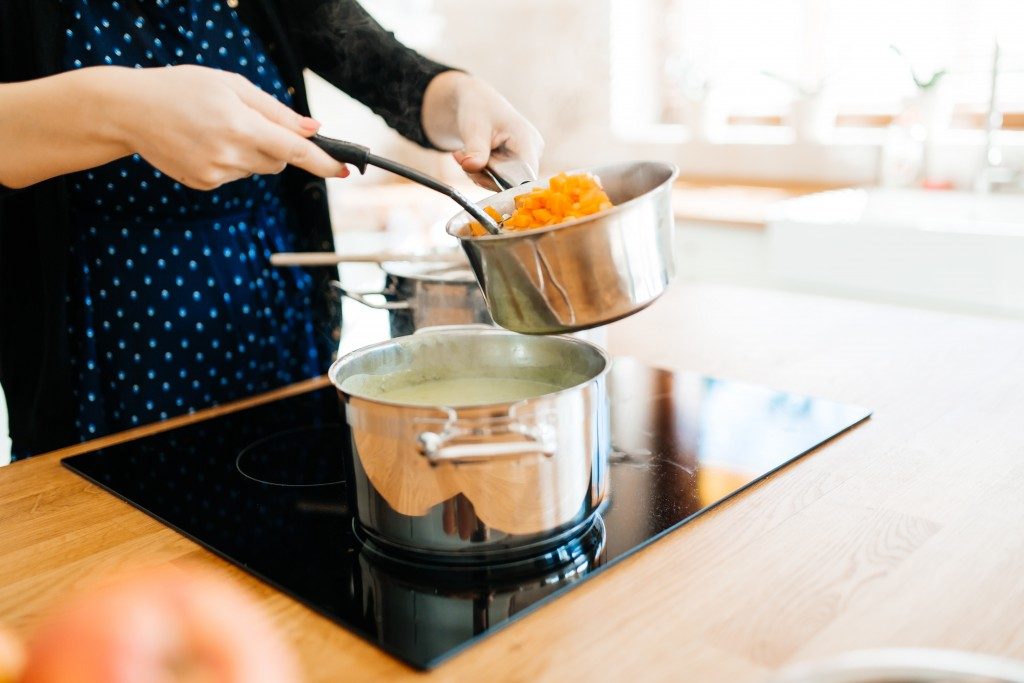One of the primary skills required to live (in a healthy way) is by learning how to cook. And when you have entered the phase of your life wherein you are confronted with the fact that there is a need for you to cook, then it is confirmed that you have entered the late phases of your adolescence and on to adulthood.
When people are first introduced to the idea of cooking, they often cower away and immediately turn the idea down. This most likely because of the difficulty that they might face especially now that they are doing this on their own, at their own house, with no adult supervision, and the only adult present is themselves.
But cooking is an art, and it takes the right amount of patience and time to perfect, so failing should be the least of your worries. Once you get a hold of it, you may actually turn cooking into a hobby. Kick it off with the following steps for beginners:
1. Equip yourself with the basic utensils.
Finding quality kitchen utensils is not good advice for beginners. However, it does not mean automatically reach out for whatever pans and casseroles you have that may contain rust and dust. Clean them at least and make sure they are safe before use.
Some of the basic utensils that you would need regardless of what you will be making are cooking prep-tools such as cutting boards, knives and peelers, pans, wooden and metallic spoons, and cooking utensils, such as a metal spatula, tongs, cooling rack, and slotted spoons. Once you have at least a majority of these in your home, then you would be good to go.
2. Be guided with excellent starter cookbooks.
You are probably thinking: the most logical way to learn is to ask help from somebody who actually knows how to cook and be guided by them firsthand. And while this may seem like the most obvious option, it is also the easiest one, and as an adult trying to prove himself in life, why opt for the easy choice?
Learning from others is great, but teaching yourself to do things (especially cooking) somehow gives you a different kind of self-fulfillment. Also, there are a handful cookbooks out there that may serve as your guide anyway; ones from actual cooks and chefs, and a number of food vlogs if you are more of a visual learner.
3. Find the right ingredients (and make sure they are fresh)

Whether you found a simple recipe of a dish from your local city or a complicated one internationally, whatever it is you decide on making, make sure that the ingredients are fresh. Search for the right ingredients, make a list to make sure nothing is forgotten and go to the market to buy these items still fresh and new.
With recent technology, you now have the option to have these ingredients delivered to you now. But once you choose to do so, make sure the food delivery packaging is good since it could be criteria on whether the ingredients are still fresh (and well, a good presentation won’t be hurtful too).
Cooking may be one of the trickiest skills to ever learn, but once you learn and start to get a hold of it, it would be as easy as breathing, and just as beneficial too!
